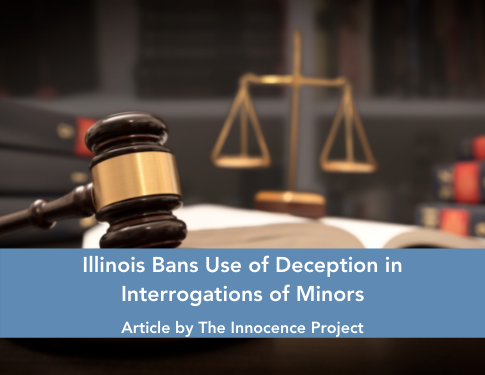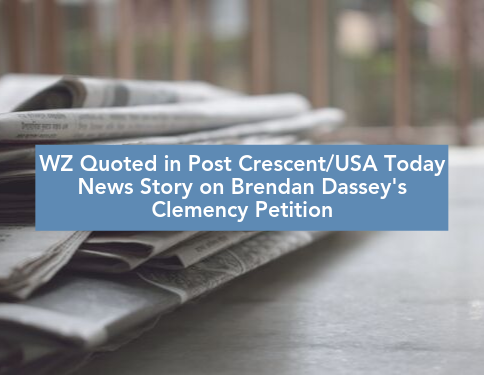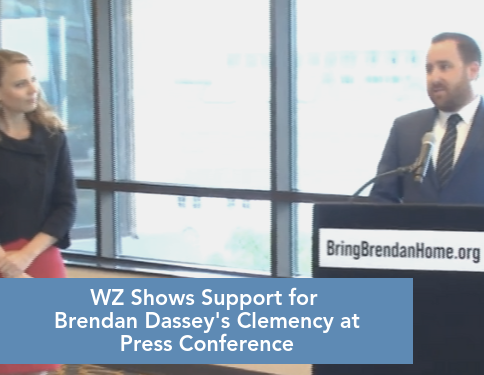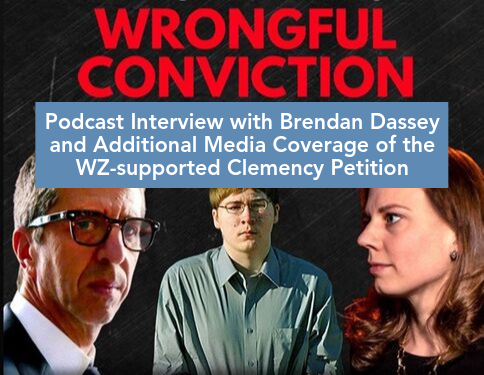An often-used tactic by interviewers is to knowingly lie about the existence of evidence to subjects during an interrogation. Although this may be a surprise to most, the U.S. Supreme Court ruled in Frazier v. Cupp (1969) that investigators may use appropriate deceptive interrogation topics. Within the framework of this ruling, interviewers may have made statements such as “…we have video evidence that shows you starting the fire” or “…your fingerprints were identified on the weapon” even if there is no video or fingerprints. Research and practical experience have shown that this tactic may result in several consequences including; incentivizing a false confession, contaminating the reliability of a true confession, and impacting the cooperative relationship of the subject and the interviewer.
Wicklander-Zulawski (WZ) has consulted on this specific issue and has provided support to legislation that would prohibit the use of explicit deception during an interrogation. The State of Illinois has passed through the legislature a new law that will prohibit the use of this tactic with youthful subjects during an interview. The International Association of Chiefs of Police also consulted on this topic, providing their support to this much-needed change. The collaboration of practitioners, academics, advocates, and legislators has shown to have a tremendous impact on the evolving standards of interrogation techniques.





